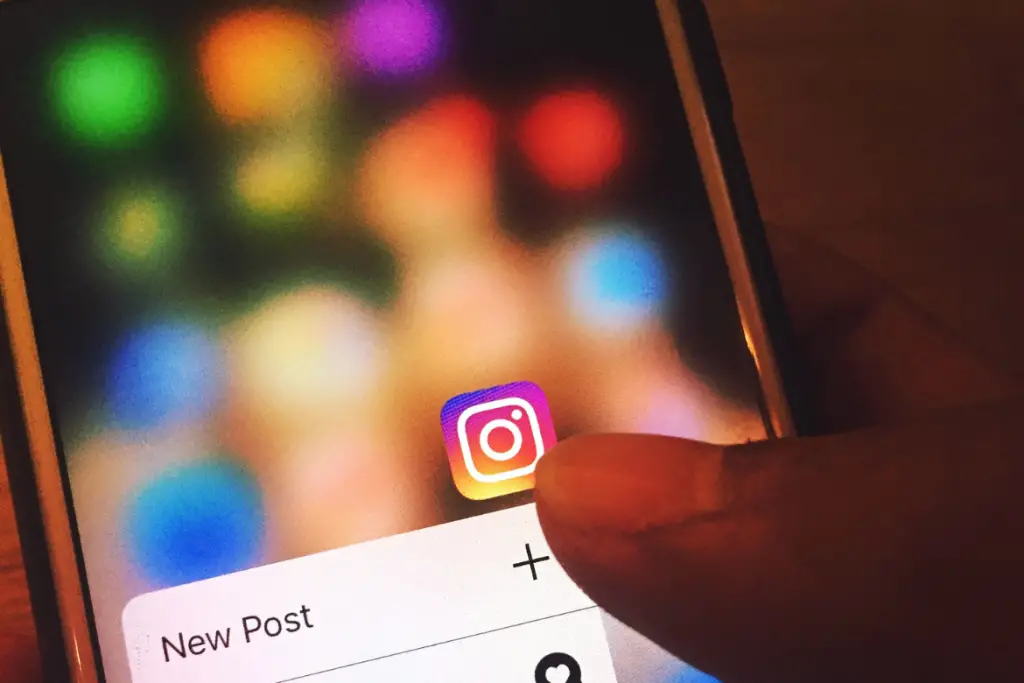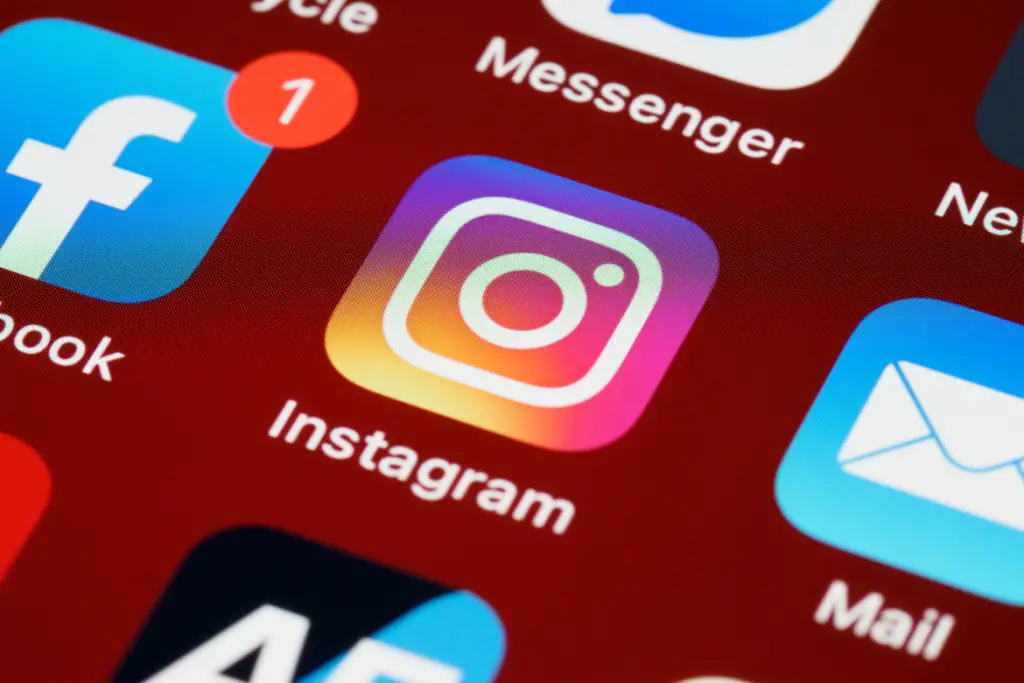Introduction
In the vibrant world of Instagram, where visuals speak volumes, language has taken a fascinating turn. Amidst the sea of hashtags and emojis, specific jargons set the trend, shaping the unique communication style on the platform. One such piece of vernacular that’s been spreading like wildfire is the term “ops.” This seemingly simple term, compact yet mysterious, encapsulates a larger story about online culture, societal shifts, and the ever-evolving language of the digital age. As we embark on this linguistic journey, we’ll unravel the layers of “ops,” exploring its roots and understanding why it’s become a staple in Instagram interactions.

Decoding “Ops”: Slang in Context
The term “ops” might sound like internet shorthand, and rightly so. On Instagram, “ops” has a specific resonance, often implying opposition or referencing a person’s rivals or adversaries. It’s derived from “opponents” or “operations” in various contexts, but here, it’s usually about social or personal conflict, albeit often used playfully or tongue-in-cheek.
Within the microcosm of Instagram, “ops” could refer to anything from a friendly competitor in a fitness challenge to someone on the opposing side of a heated debate about pineapple on pizza. It’s nuanced, sometimes suggesting a jesting nudge rather than genuine animosity. For instance, commenting, “Looks like we’re ops now 😂” on someone’s post may signal a mock rivalry over differing tastes or opinions, adding a layer of camaraderie to the conversation.
However, it’s not always light-hearted. In some circles, “ops” carries more weight, potentially pointing to real-world contention or online feuds, reflecting the diverse use of slang based on context and community. Thus, the art of using “ops” correctly becomes a matter of social finesse, requiring an understanding of underlying community norms and the specific tone of the conversation.
Origins: Tracing Back the Term “Ops”
Unearthing the genesis of “ops” takes us on a riveting cultural excavation, indicative of the linguistic melting pot that is the internet. While “ops” has found a cozy home among the Instagram community, its lineage predates the digital age. Rooted in the abbreviation of “operations” or “opponents,” it has long colored the language of various groups, from law enforcement to gamers, depicting those on the opposing side of an objective.
However, the migration of “ops” into mainstream slang is a relatively recent phenomenon. It’s a linguistic import, with credit due in part to the music industry, particularly genres like hip-hop, where artists used “ops” to refer to rival figures or groups. Lyrics often depicted narratives of struggle, competition, and confrontation, with “ops” embodying the antagonists of their stories.
From there, “ops” was co-opted by online communities, its meaning expanding and diluting as it seeped into various digital realms. On Instagram, the term found fertile ground in the platform’s highly interactive, visually-driven conversations, evolving beyond its confrontational origins to take on more playful, even affectionate, undertones among friends and followers.

Usage: “Ops” in Action on Instagram
Witnessing “ops” in its natural habitat on Instagram is like watching linguistic acrobatics. It’s versatile, bending and stretching to suit the mood of the post or conversation. In comment sections, “ops” might pop up as a light-hearted jab between friends competing for the best selfie. Elsewhere, it morphs into a rally cry in caption battles where users spar over everything from sports teams to TV fandoms.
It’s also a show of in-group identity, a nod to shared understanding. When someone posts a workout video with the caption, “Taking on the ops 💪,” they’re not declaring war but rather highlighting a challenge, be it personal goals or friendly rivalry. Similarly, influencers might refer to “ops” when discussing competing trends or affectionately addressing their audience during live sessions.
What stands out is the term’s chameleon-like ability to fit into contexts both casual and intense, humorous or serious. It’s this adaptability that underscores “ops” as quintessential Instagram vernacular, emblematic of the platform’s dynamic spirit.
Cultural Impact: How “Ops” Shapes Communication
The ascent of “ops” within the digital jargon is not just a trend; it’s a cultural marker, highlighting the shifting paradigms of online communication. In the sprawling universe of Instagram, language is not just about conveyance but connection. Here, “ops” transcends its literal meaning, becoming a tool of relational dynamics. It’s a wink between users, a shared secret that signifies belonging to the Instagram in-crowd.
But “ops” is more than an insider term; it’s a cultural barometer. In the age of global dialogues and digital communities, traditional language structures are giving way to more fluid forms of expression. “Ops” reflects society’s gravitation towards brevity and informality, indicative of the larger move on social media to break down communication barriers and democratize online spaces. It’s a linguistic equalizer, appealing because it doesn’t discriminate – anyone can use it, and when they do, they’re momentarily part of a dynamic global clique.
This cultural phenomenon goes beyond Instagram, influencing language on other platforms and even in real-life interactions. It’s not uncommon to hear “ops” in the dialogues at cafes, in classrooms, or during friendly banter in a park, proving the term’s migration from the digital sphere into everyday vocabulary.

Beyond Instagram: “Ops” in the Larger World of Slang
The journey of “ops” doesn’t end at Instagram’s virtual borders. Like any piece of vibrant vernacular, it has legs, traveling and evolving with each user interaction. On platforms like Twitter, it takes on a more serious tone, often associated with discussions about rivalries in everything from politics to fandom disputes. On TikTok, “ops” might accompany a humorous skit about everyday adversaries, like the struggle between studying and socializing.
What’s particularly fascinating is “ops” adaptation into various subcultures. Gamers, sports enthusiasts, and even corporate circles have adopted the term, each infusing it with a flavor unique to their context. The word becomes a bridge, spanning different worlds, proving that language is not static, but a living, breathing entity, reshaping and redefining itself as it moves.
Moreover, the international reach of social media platforms ensures that “ops” finds a home across diverse linguistic landscapes, integrating into non-English slang and potentially creating hybrid forms. This global journey underscores the power of digital slang like “ops,” serving as a reminder of how interconnected the modern world has become.
Navigating the Nuances: The Do’s and Don’ts of Using “Ops”
Mastering the use of “ops” is akin to learning a dance. It’s all about rhythm and context, knowing when it strikes the right note or when it could lead to a misstep. For instance, using “ops” to describe a friendly rivalry at a community game night? Perfectly in tune. But referring to someone as your “op” in a sensitive discussion could sour the conversation, turning harmony into discord.
This term is playful, yes, but it’s not devoid of power. Words, even in the digital realm, carry the weight of intent, and the impact of “ops” hinges on the subtleties of human interaction. It’s a casual term, but context transforms it. A comment amongst friends is received differently than a public post, where the audience is broader and the term may be interpreted as confrontational or exclusive.
Then there’s the consideration of cultural diversity. In the global village of Instagram, “ops” travels across languages and cultures, each with its unique set of social norms. What’s a cheeky remark in one culture could be a faux pas in another. So, the savvy “ops” user is also a cultural diplomat, mindful of the term’s fluid identity and respectful of its different shades around the world.
Conclusion: Embracing the Evolution of Language
As we pull this explorative thread to its end, the journey of “ops” reflects the larger tapestry of language evolution. It’s a testament to how digital spaces, like Instagram, aren’t just platforms for sharing content but incubators for new lexicons. Here, words aren’t static; they are dynamic characters, starring in the ongoing narrative of human expression.
“Ops,” with its humble origins and global journey, encapsulates the spirit of this era – one where connection, culture, and creativity collide. It’s a slice of humanity, packaged in three letters, inviting us all to participate in its story. So, whether you’re an influencer, a casual scroller, or someone who just stumbled into the Instagram universe, you’re now part of this linguistic evolution. Use “ops” wisely, embrace its nuances, and enjoy the dance of digital dialogue.
And remember, language is an endless adventure. Today it’s “ops,” but tomorrow, who knows? The only certainty is change, and in that, there’s excitement. So, keep scrolling, keep posting, and most importantly, keep communicating—you’re shaping the world, one “op” at a time.






